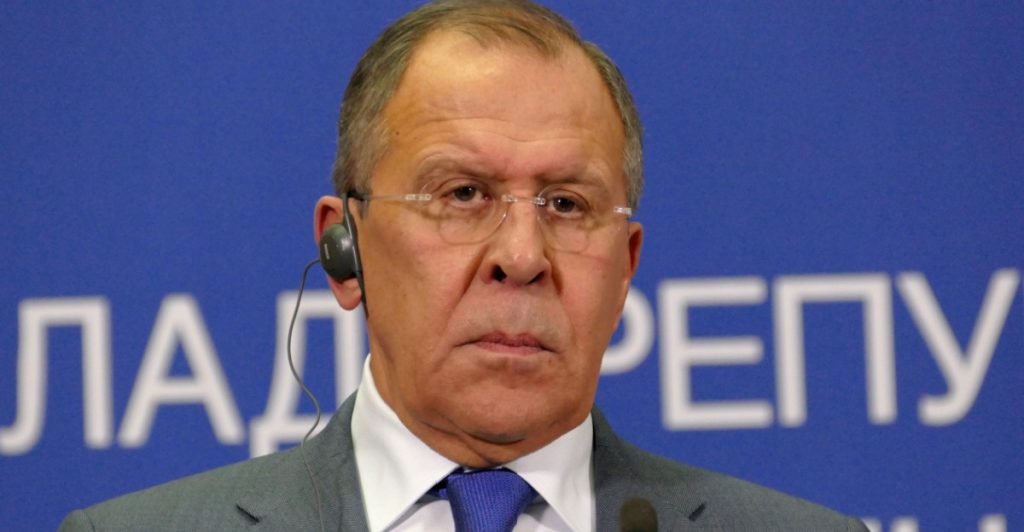Lavrov argued this ambition mirrors pre-WWII militarism.
Others are reading now
Lavrov argued this ambition mirrors pre-WWII militarism.
Lavrov Accuses Europe of Sliding into Militarism
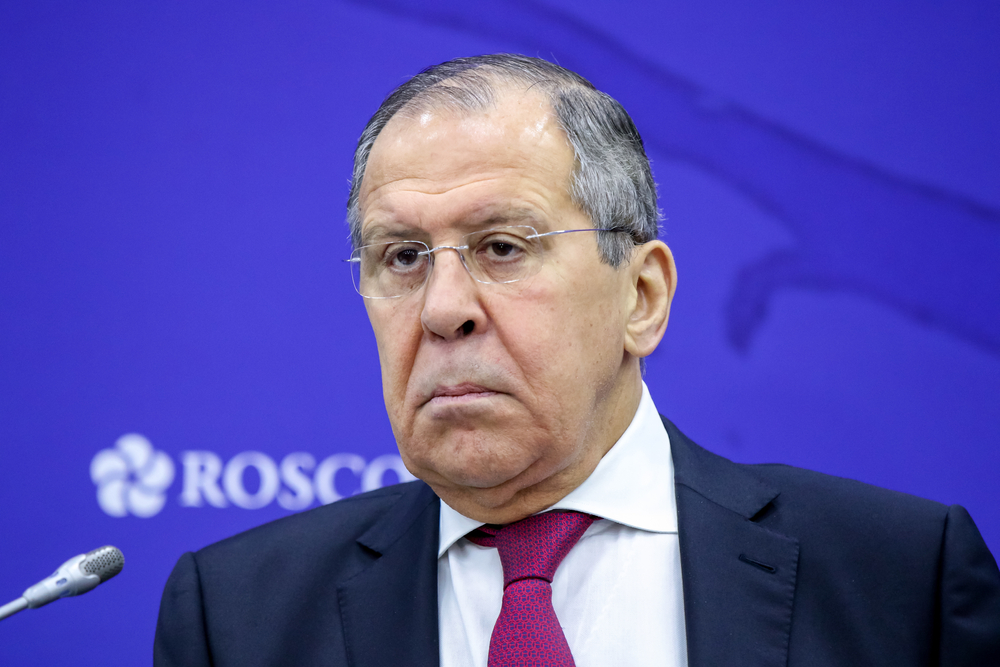
Russian Foreign Minister Sergei Lavrov claimed that Europe, particularly Germany, is experiencing a dangerous shift toward authoritarianism and militarism.
Writing in Rossiiskaia Gazeta, Lavrov warned that the continent is becoming increasingly aggressive in its rhetoric and military posture.
“Turning into a Fourth Reich,” Lavrov Says
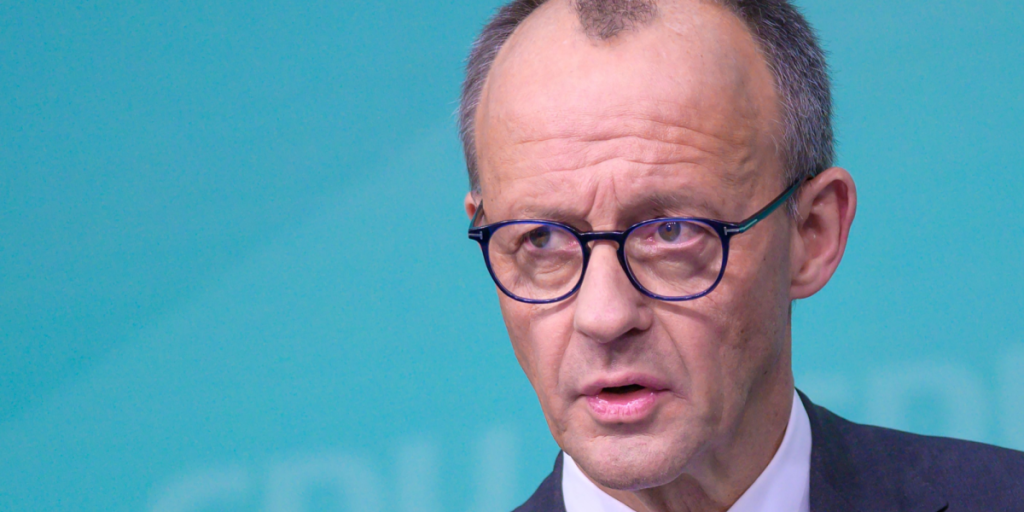
Lavrov went so far as to say modern Germany is “turning into a Fourth Reich.”
The term, referencing Nazi Germany, was used to criticize German Chancellor Friedrich Merz’s push to make Germany’s military the strongest conventional force in Europe.
Also read
Lavrov argued this ambition mirrors pre-WWII militarism.
Germany’s Defense Minister in the Crosshairs
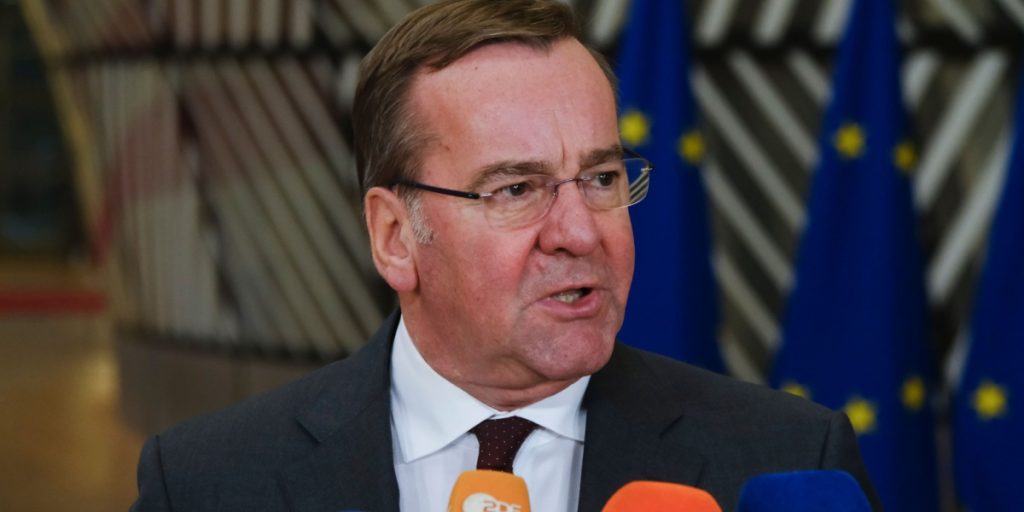
The Russian diplomat also slammed German Defense Minister Boris Pistorius, citing his remarks in the Financial Times that German forces must be prepared to “kill Russian soldiers” if Moscow attacks a NATO country.
Lavrov framed this as proof of Germany abandoning its post-WWII military restraint.
Russia’s Alarm on NATO and EU Defense Spending
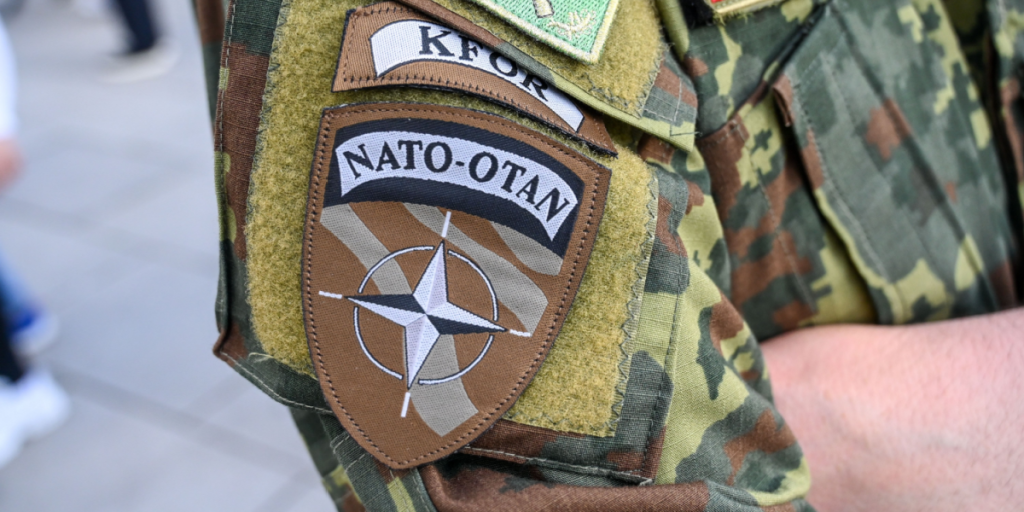
Lavrov expressed strong disapproval of European efforts to rearm, especially a plan announced by European Commission President Ursula von der Leyen to invest €800 billion in defense.
He portrayed these moves as part of a Western agenda that provokes rather than prevents conflict.
Also read
A Chilling Warning on the Helsinki Spirit

The editorial was published to mark the 50th anniversary of the Helsinki Final Act, a Cold War-era treaty aimed at fostering dialogue between East and West.
Lavrov used the occasion to accuse Europe of betraying the spirit of Helsinki, saying today’s OSCE is too weak and politicized to uphold peace.
A Broader Attack on Western Alliances
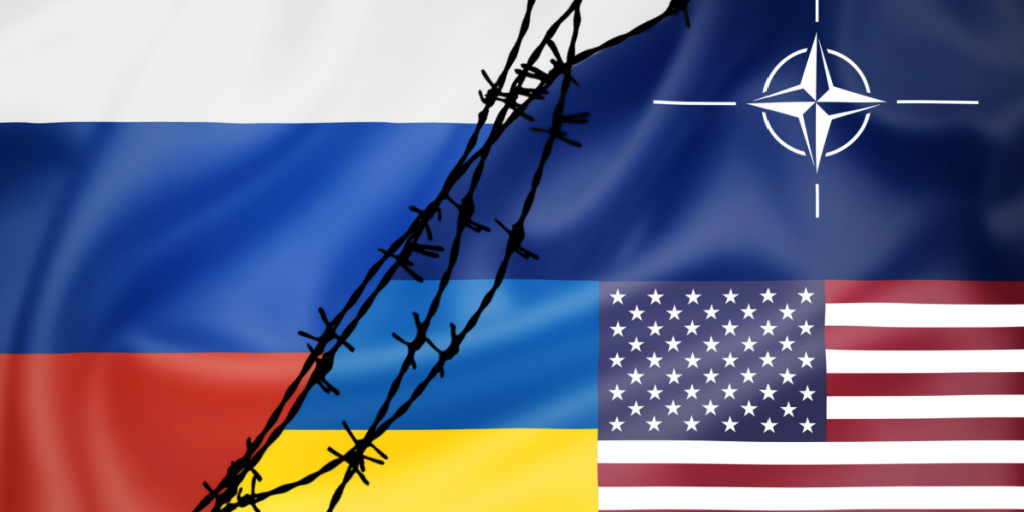
Lavrov’s message fits into a broader Russian narrative that the U.S. and NATO are fueling global instability.
Moscow claims that increasing military collaboration among Western nations only heightens tensions and increases the risk of war, particularly in Eastern Europe.

